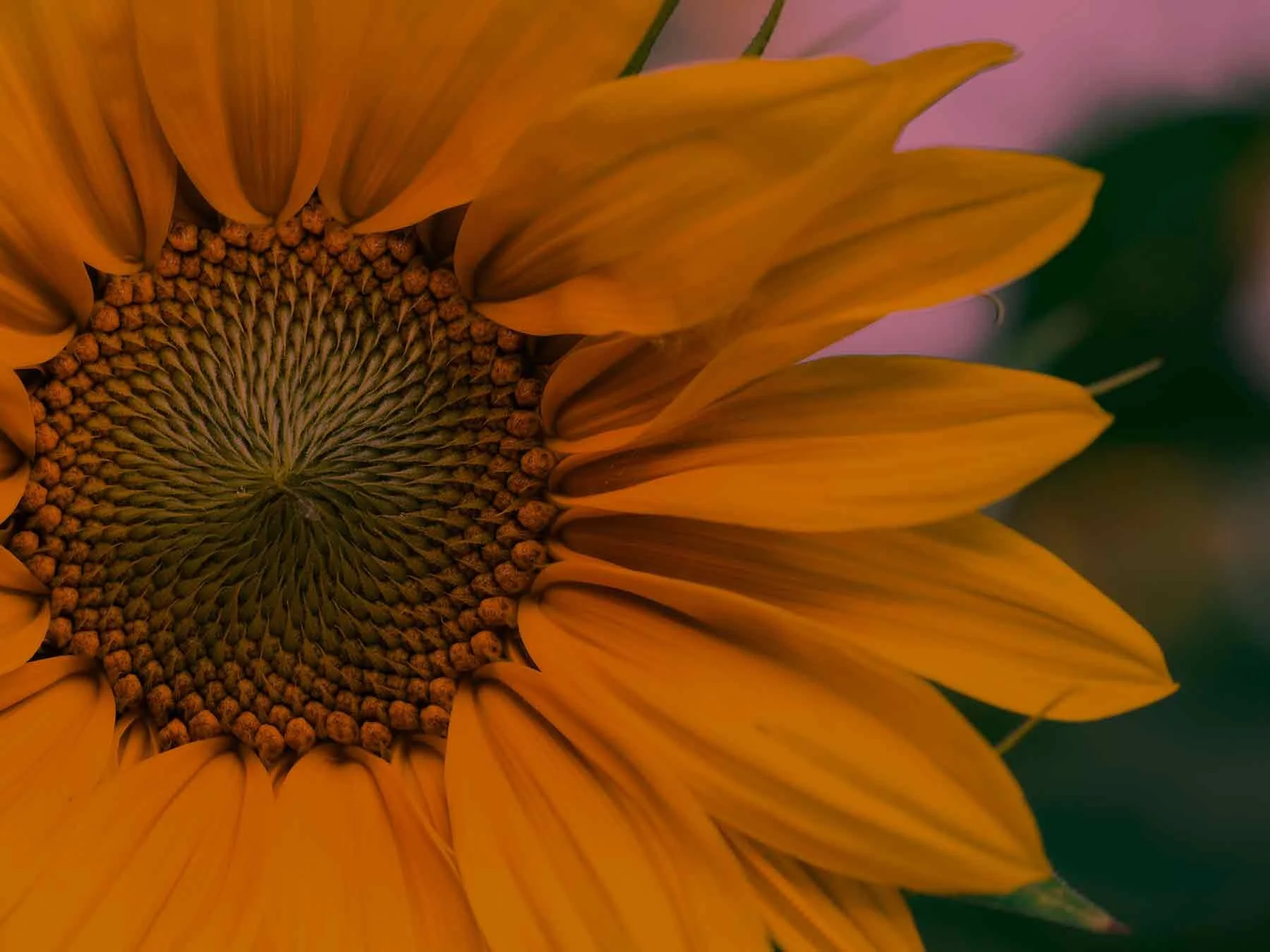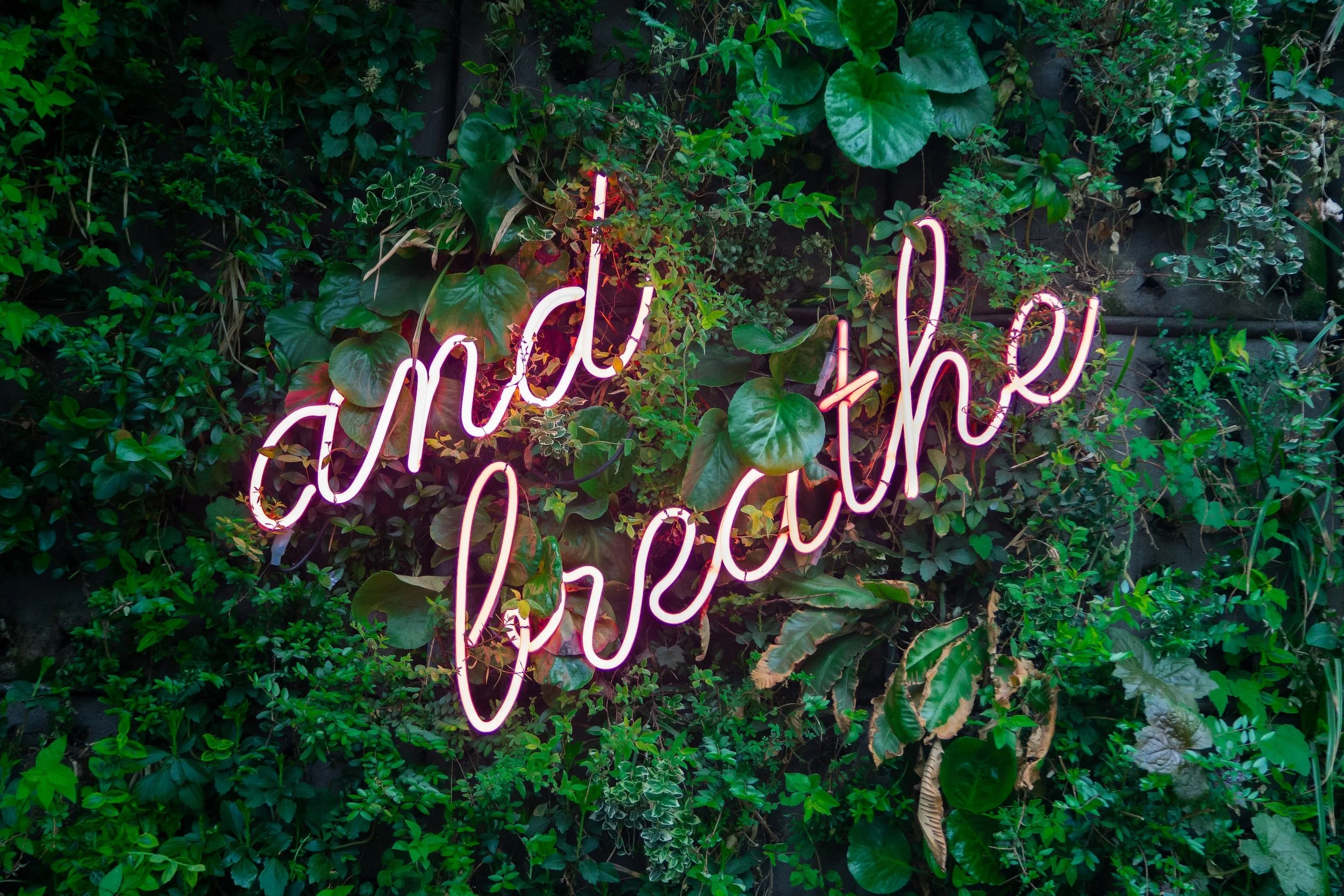Eco-anxiety, which refers to the distress or concern individuals may experience due to environmental issues, is a valid and understandable emotion in today's world. Here are five strategies that can help manage eco-anxiety:
Read MoreSummer can be a wonderful and enjoyable time, but it can also come with its own set of stressors. Here are five ways to manage summer stress:
Read MoreEquine-assisted psychotherapy (EAP) is a form of therapy that involves horses as co-therapists in the therapeutic process. It combines traditional psychotherapy techniques with interactions and activities involving horses to promote emotional growth, self-awareness, and healing.
Read MoreMainstream psychology emphasizes and romanticizes self-care as lavish, costly, and time-consuming activities. When I think of self-care, my immediate thought is a weekend spa getaway. That is just not realistic for me, or many people that I know. Who has a full day to dedicate to self-care?? Or the budget for all of these interventions?
Read MoreThe thing about grief is… it’s a beautifully universal human experience (not just a human experience actually, animals experience it too. I watched People of the Forest 15 years ago and it still stays with me). Every human being experiences loss, some more than others, and everyone experiences it differently. But it’s a given – with life there is loss. It’s painful and confusing, horrible and beautiful and pretty much everything in between.
It's interesting that such a common experience is wrapped in confusion and uncertainty. I’m asked quite often when working with grief if the person is grieving “the right way”, often feeling like somehow they aren’t – because it hurts, because it’s confusing, because it STILL hurts, because sometimes it’s not there at all, because people say you should be devastated and maybe you’re not. I think it’s past time we drop the idea of what grief is supposed to look like.
Read MoreIt’s easy to focus on the negative in a situation like this. But one of the greatest tools we have is our mind, and by practicing gratitude and focusing on the positive we can offset some of the stress of the pandemic. According to Harvard University, practicing gratitude leads to more positive emotions and greater happiness. Taking the time each day to think about what brings you joy in your life can be an excellent way to manage stress and cultivate happiness. Here are some ways you can practice gratitude:
Read MoreDepression can make even the smallest tasks seem insurmountable. It zaps your energy and makes little things feel impossible to manage. But there are many things you can incorporate in your day-to-day that can help improve your depressive symptoms.
Read MoreIn small doses, stress and anxiety can be a good thing. It can motivate you to write that assignment you’ve been procrastinating on or may be a warning from your body that you're in an unsafe situation or you’re overdoing it. But sometimes anxiety no longer serves a helpful purpose. When your anxiety starts affecting your everyday functioning or your mood, it may be time to look at it a little more closely.
Read MoreAs the pandemic continues on, we are receiving a lot of conflicting information. This environment of uncertainty is anxiety-provoking. Here are some things you can do to help cope with the uncertainty of the pandemic:
Read MoreWhen I think of eating disorders my mind usually thinks back to my adolescent years until now in my mid 20’s, where I still have issues with my relationship with food and body image. In our society, it is almost impossible to not be judgmental about how you look compared to those around you. The ideal body that is so prevalently seen on tv, social media, film, etc is hardly attainable without rigorous workouts and strict diets which isn’t always feasible for most people.
Read MoreThe holidays are supposed to be a time of family and memories. Dealing with the loss of a loved one during the holidays is very difficult. Read our blog post for some ways to be more gentle with yourself during this time.
Read MoreDo you find that you feel more down during the winter months? WebMD describes seasonal Affective Disorder (SAD) as a cyclical mood disorder which typically shows symptoms in late fall or winter. Rarely, some people may experience symptoms in the spring or summer instead.
Read More












